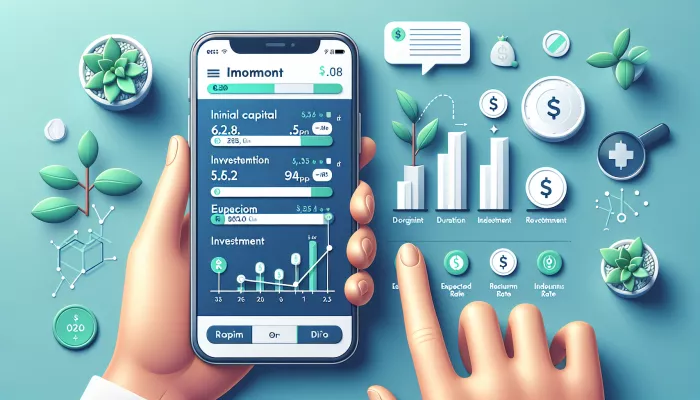
First of all, know how much you earn and how much you spend is the main piece of information to start making a personal budget.
Identify all your sources of income It may seem obvious, but many people only consider their salary, forgetting about other possible income.
However, to facilitate control, divide your expenses into categories such as rent, food, transportation, leisure, etc. This will make it easier to identify where you can cut costs if necessary.
Setting financial goals is another important step in starting a personal budget. The goals can be short, medium or long term and should be in line with your life objectives.
Therefore, there are various apps and websites that can help you control your personal budget.
First of allm budget makes it clear what your financial limits are and helps you avoid unnecessary spending.
It therefore promotes discipline by training your brain to deal with money in a more organized way.
Correcting it can help reduce anxiety and give you peace of mind about your financial situation.
With a personal budget, you always know where your money is going. This can help you identify unnecessary expenses and make efficient changes.
Having a personal budget can also help you build up savings for the future.
If you have a financial goal, such as buying a house or funding your children's education, a budget can be an effective guide to help you save the money you need.
When making a budget, you need to consider all costs, including daily, monthly and annual expenses.
However, managing your finances effectively can be a challenge. Here are some essential tips to get you started on an efficient and practical personal budget.
Earnings are everything that goes into your account and expenses are everything that comes out.
First and foremost, setting financial goals is a vital component of personal budgeting.
Whether it's retirement, travel, education or buying a house, setting goals can help keep your finances on track.
Your budget should be a reflection of your financial goals, as well as your actual income and expenditure.
Don't underestimate expenses or overestimate income. Remember, a budget is a plan, not a forecast.
There are many useful apps and websites that can help you track your expenses, set goals and keep your budget plans on track.
Therefore, using them can make managing your money much simpler and more effective
Access and learn more about these tools at the following links: